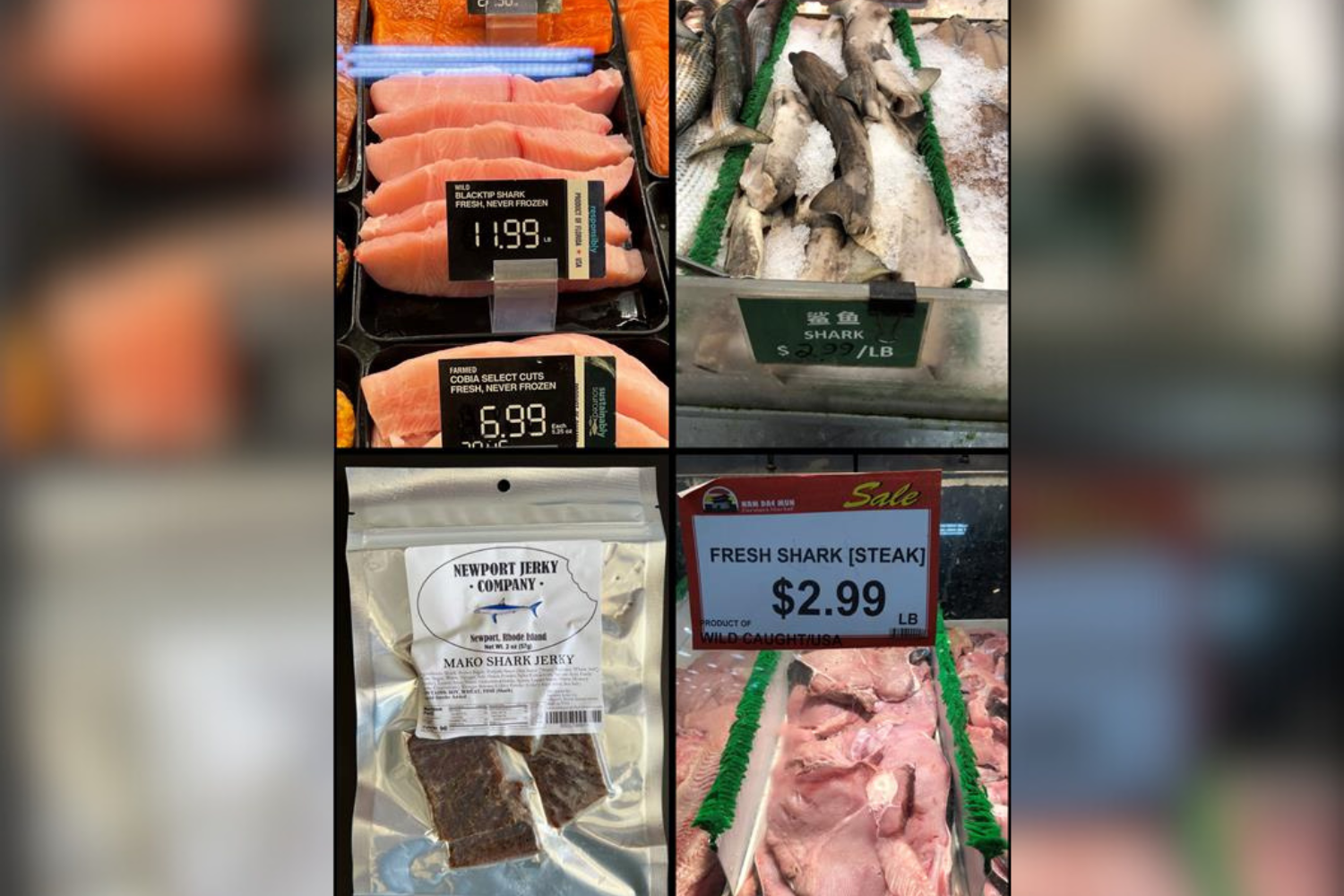URGENT UPDATE: New research reveals that Americans are unknowingly purchasing meat from critically endangered shark species in grocery stores and online. Researchers from the University of North Carolina at Chapel Hill conducted DNA barcoding on 30 shark products bought in Washington, D.C., North Carolina, Florida, and Georgia during 2021 and 2022. Alarmingly, nearly one-third of these samples were sourced from endangered species, including the great hammerhead and shortfin mako.
The study highlights a troubling trend: 93% of the products were labeled simply as “shark,” leaving consumers unaware of the serious implications of their purchases. Lead author Savannah J. Ryburn stated, “We found critically endangered sharks being sold in grocery stores, seafood markets and online.” Only one product was accurately labeled with its species name, making it nearly impossible for shoppers to understand what they are actually buying.
Why This Matters NOW: The findings raise urgent public health concerns, as several shark species contain high levels of mercury and other toxins that can harm human health, particularly for vulnerable populations such as pregnant women. Prices for shark meat vary, with fresh options costing as low as $6.56 per kilogram and shark jerky averaging over $200 per kilogram.
Shark populations have plummeted by more than 70% since the 1970s due to overfishing, habitat destruction, and climate change. The International Union for the Conservation of Nature (IUCN) estimates that over a third of shark species are currently threatened with extinction. While 74 shark species are protected under the Convention on International Trade in Endangered Species (CITES), inadequate enforcement means that many continue to be sold without scrutiny.
Ryburn emphasized the need for stronger labeling regulations, stating, “By the time large shark species reach grocery stores and markets, they are often sold as fillets with all distinguishing features removed.” This creates significant gaps in trade restrictions and consumer awareness.
As more details emerge, the authors call for mandatory species-level labeling on shark products to protect consumers and endangered species alike. “When shark meat is not a food security necessity, consumers should avoid purchasing products that lack species-level labeling or traceable sourcing,” Ryburn urged.
This study sheds light on a critical issue that impacts both marine conservation and public health. As consumers, it is essential to be aware of what is on our plates and the implications it carries for our oceans and our health.
Stay tuned for updates as this story develops.







































































